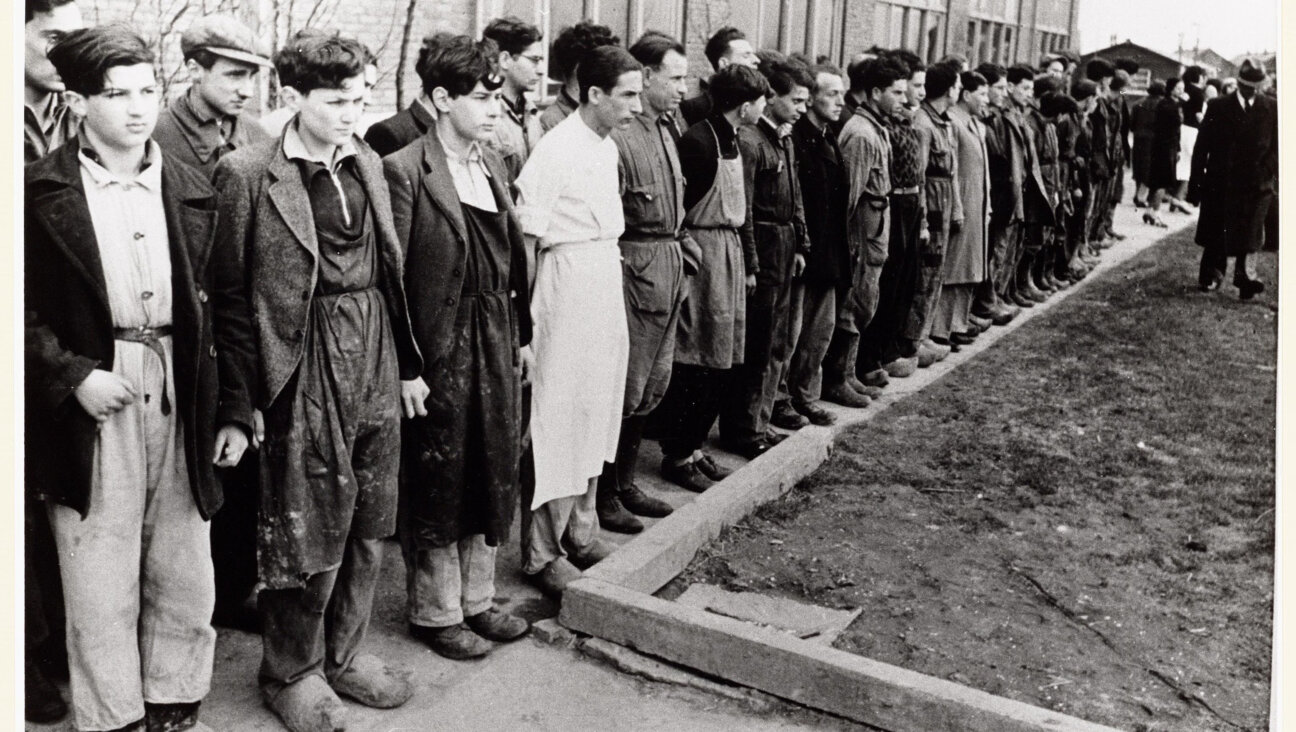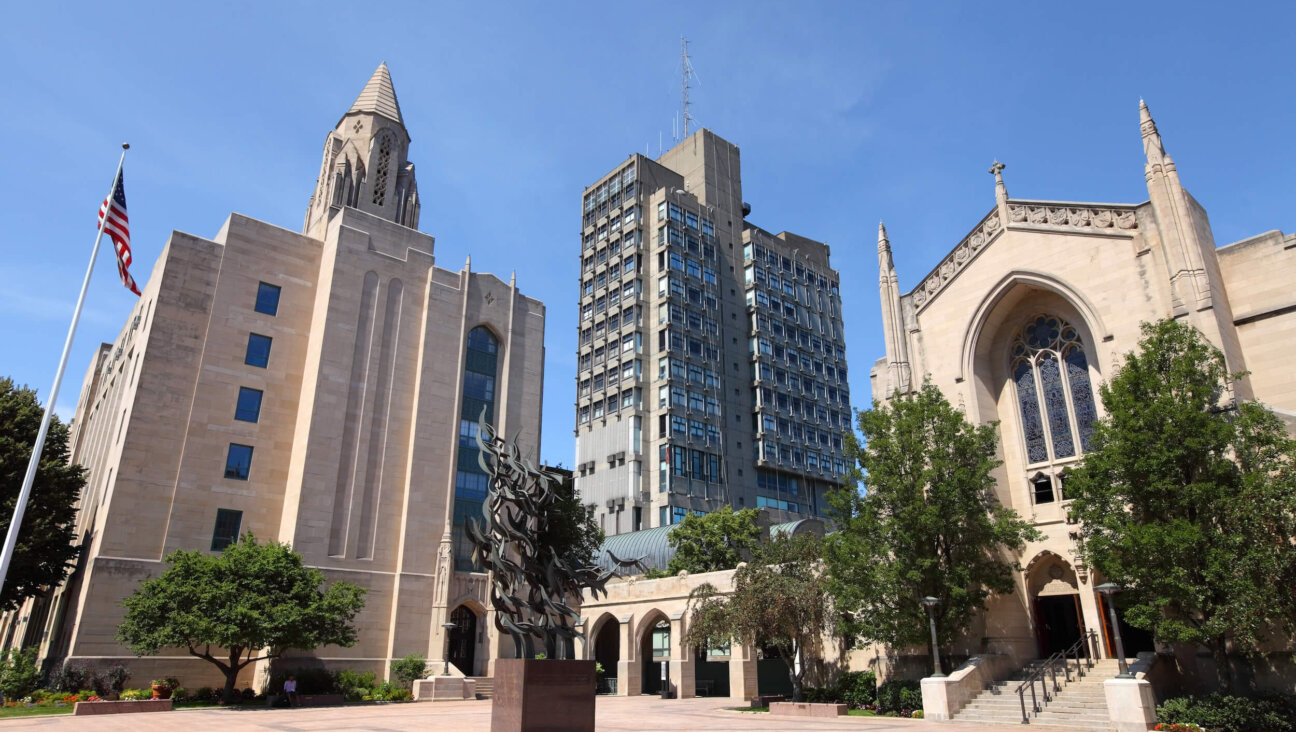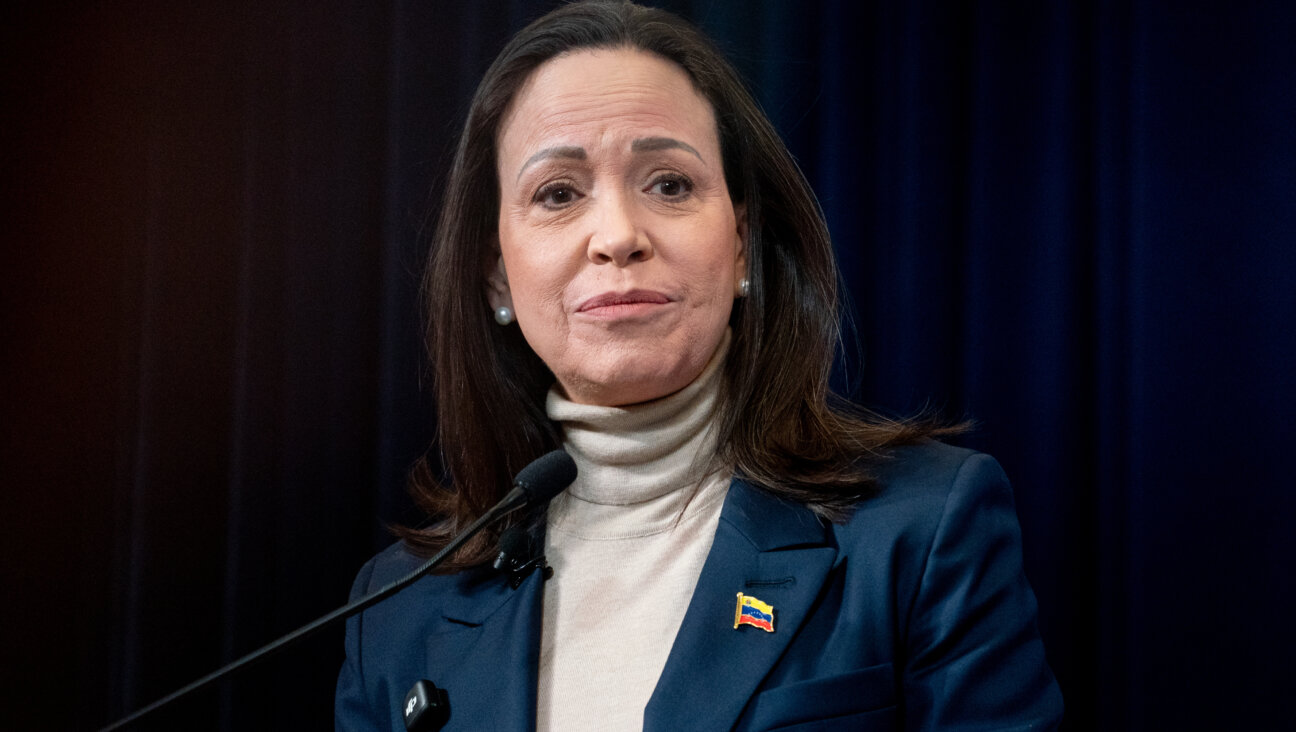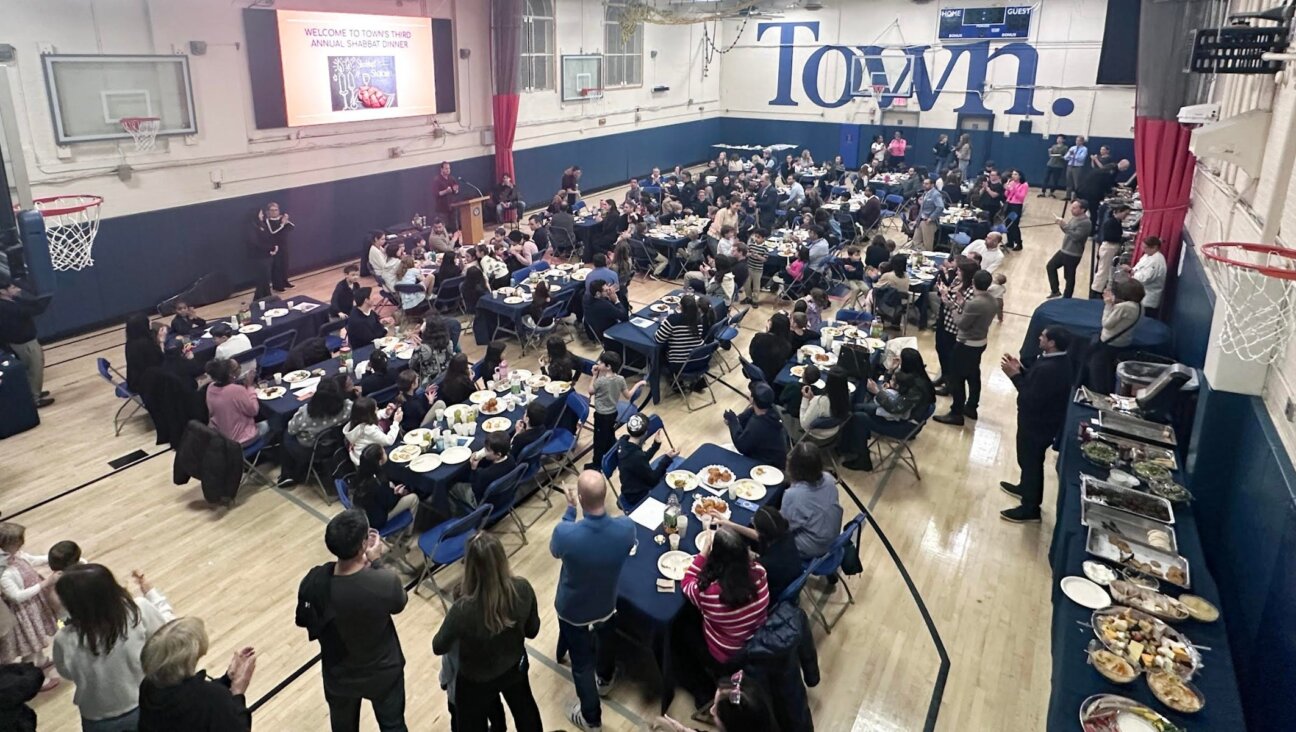Sharon’s Senior Adviser Says Peace Process Is Frozen
In an admission likely to fuel international criticism and suspicion of Prime Minister Ariel Sharon, the Israeli leader’s senior adviser says that the Gaza disengagement plan represents an effort to “freeze” the peace process.
“The significance of the disengagement plan is the freezing of the peace process,” Dov Weisglass said in an interview with Ha’aretz scheduled to appear in the October 8 edition of the newspaper’s Friday magazine. “And when you freeze that process, you prevent the establishment of a Palestinian state, and you prevent a discussion on the refugees, the borders and Jerusalem. Effectively, this whole package called the Palestinian state, with all that it entails, has been removed indefinitely from our agenda. And all this with authority and permission. All with a presidential blessing and the ratification of both houses of Congress.”
The remarks from Weisglass, who was one of the initiators of the disengagement plan, come after Sharon’s critics on the Israeli left, as well as in Europe and the Arab world, have argued that the disengagement plan was simply an Israeli stalling tactic to head off the creation of a Palestinian state. At the same time, the plan, which calls for the dismantling of all Jewish settlements in Gaza and of four in the West Bank, has been opposed vigorously by some right-wing Israeli lawmakers and by leaders of the settler movement.
Officials in the George W. Bush’s administration have voiced support for the plan, and they argued that it can serve as a method for kick-starting the so-called road map peace plan backed by America, Russia, the European Union and the United Nations. But Weisglass painted a different picture in his recent interview.
“The disengagement is actually formaldehyde,” he said. “It supplies the amount of formaldehyde that is necessary so there will not be a political process with the Palestinians.”
Asked why the disengagement plan had been hatched, Weisglass replied: “Because in the fall of 2003, we understood that everything was stuck. And although… the way the Americans read the situation, the blame fell on the Palestinians, not on us. Arik [Sharon] grasped that this state of affairs could not last, that they wouldn’t leave us alone, wouldn’t get off our case. Time was not on our side. There was international erosion, internal erosion. Domestically, in the meantime, everything was collapsing. The economy was stagnant, and the Geneva Initiative had gained broad support.
“And then we were hit with the letters of officers and letters of pilots and letters of commandos [refusing to serve in the territories]. These were not weird kids with green ponytails and a ring in their nose with a strong odor of grass. These were… really our finest young people.”
Weisglass does not deny that the main achievement of the Gaza plan is the freezing of the peace process in a “legitimate manner.”
“That is exactly what happened,” he said. “You know, the term ‘peace process’ is a bundle of concepts and commitments. The peace process is the establishment of a Palestinian state with all the security risks that entails. The peace process is the evacuation of settlements, it’s the return of refugees, it’s the partition of Jerusalem. And all that has now been frozen…. What I effectively agreed to with the Americans was that part of the settlements would not be dealt with at all, and the rest will not be dealt with until the Palestinians turn into Finns. That is the significance of what we did.”
Still, Weisglass said, Sharon could also argue “honestly” that the disengagement plan was “a serious move because of which, out of 240,000 settlers, 190,000 will not be moved from their place.”















